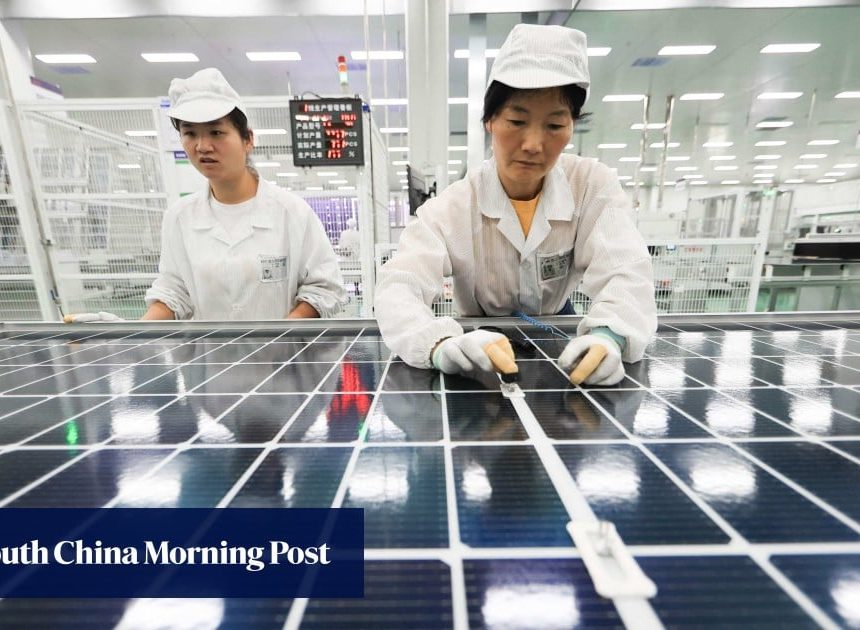
The 64-year-old Takaichi emerged last week as the leader of Japan’s ruling Liberal Democratic Party, paving the way for her to seek the premiership, although uncertainties remain following the collapse of a coalition with the party’s allies.
Under an anticipated dovish Takaichi administration, Japan was likely to delay the normalisation of its monetary policy, which presented both opportunities and challenges to investors, said Ada Choi, head of research for Asia-Pacific at property consultancy CBRE.
Japan’s interest rates are among the lowest of all developed markets, with the Bank of Japan pausing tightening and keeping its benchmark short-term rate of 0.5 per cent in place at its most recent meeting last month.
Meanwhile, the property markets of Hong Kong and mainland China, given their prolonged downturns, provided investors with a chance to acquire assets at attractive prices, Choi added.
“Japan has been overweight for a lot of investors in the past few years, so it is time to think about diversification,” Choi said. “Investors with a higher risk appetite should think about countercyclical investment in China and Hong Kong. These are the markets that have seen significant correction in pricing, and there is a potential for recovery and rebalancing of the market.”


